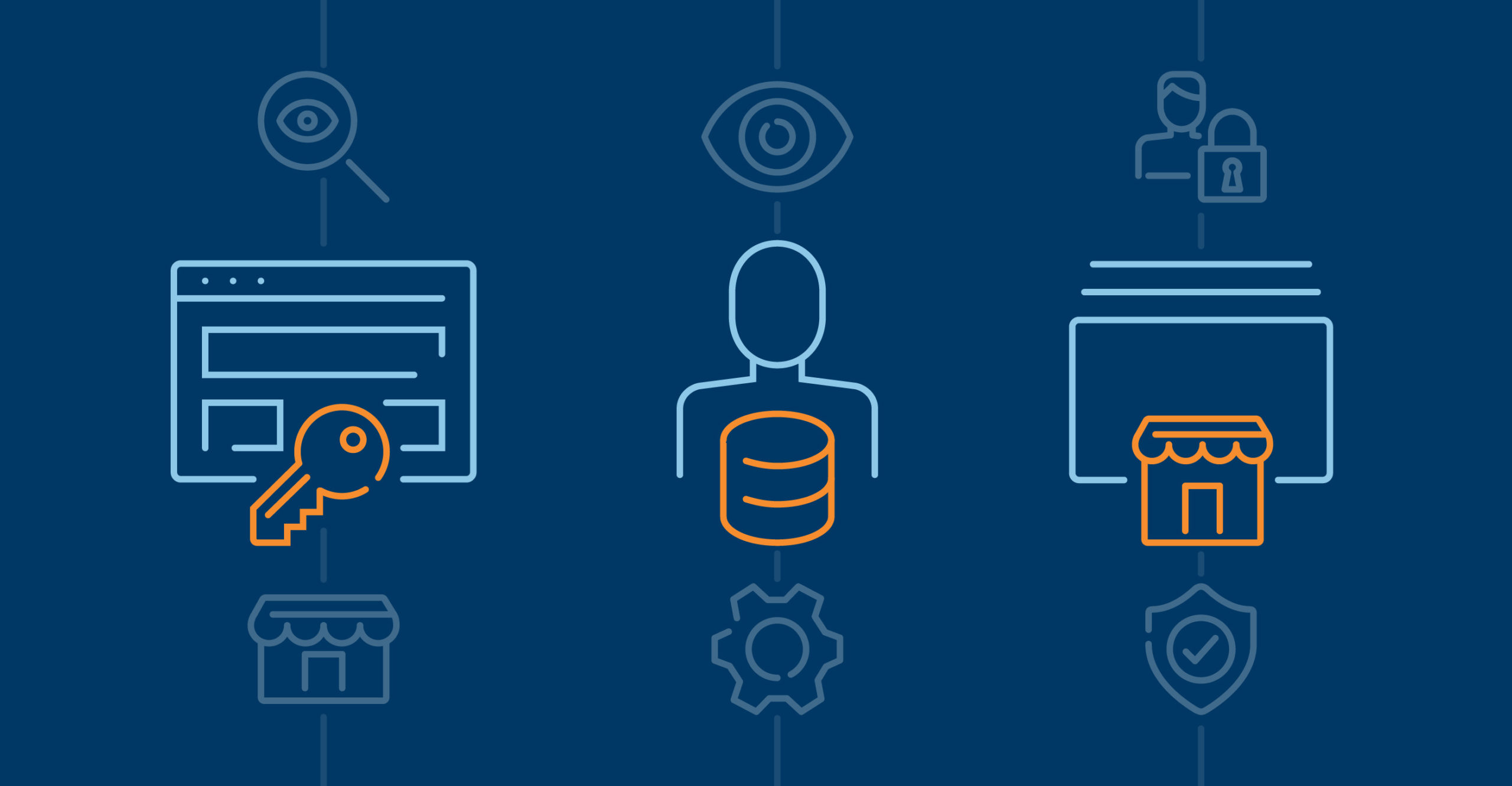On 21 August, 2019, IAB Europe and the IAB Tech Lab announced their latest iteration of the Transparency & Consent Framework (TCF). Titled TCF v2.0, it’s a policy that enables participants within the programmatic ecosystem to streamline their GDPR compliance initiatives. While changes to a European law and GDPR compliance may not seem applicable, they are relevant for companies operating within the EU to ensure compliance.
The latest iteration was meant to address many concerns the industry had about the previous iteration (v1.1). As a result, it is expected to see greater adoption, most notably from Google, which declined to adopt the previous version of TCF.
What is the TCF and why is it important?
The TCF is a means of standardising consent signals within the programmatic ecosystem. It does this by generating a transparency and consent string (TC String—previously known as Consent String in v1.0) that acts as a universal method of communicating relevant consumer consent preferences across the ecosystem.
Given the complexity of compliance, these sorts of standardised signals streamline compliance by ensuring participants are all speaking the same language, as opposed to creating their own means of generating and signalling consent.
What are the benefits of TCF v2.0 compared to previous iterations?
TCF v2.0 provides significantly more control over vendors to site owners and publishers, transparency to data subjects, and increased flexibility for vendors. It also has fairly extensive guidelines on what constitutes a compliant implementation by TCF v2.0 standards.
Some of the key benefits of TCF v2.0 include:
- Site owners:
- More transparency for visitors: clearer, more detailed purposes to better inform site visitors
- Greater control over vendors: site owners may now specify how vendors process personal data on a per-vendor basis
- Data subjects:
- Greater transparency: detailed and consumer-friendly purpose definitions enable better-informed consent
- More control: TCF v2.0 is more comprehensive, with features like right-to-object (RTO) built directly into the specification
- Vendors:
- More consistent and secure implementations: TCF v2.0 includes a validation mechanism to inform all parties on whether the TC string is valid
- Compliance-focused: TCF v2.0 is focused on clearly informing data subjects and encompassing more facets of consent like RTO; as a result, TCF v2.0 support provides strong guidelines for compliance
When will the transition to TCF v2.0 occur?
While TCF v1.1 was originally slated to be fully deprecated in April 2020, this has since been pushed back. As a result, the key dates are now as follows:
- 31 March, 2020: beta support for TCF v2.0
- 30 April, 2020: full TCF v2.0 support
- 30 June, 2020: global vendor list and CMP list from TCF v1.1 are no longer supported
To learn more on how LiveRamp Privacy Manager can help you get ready for TCF v2.0 compliance, reach out to [email protected].
Additional resources:
